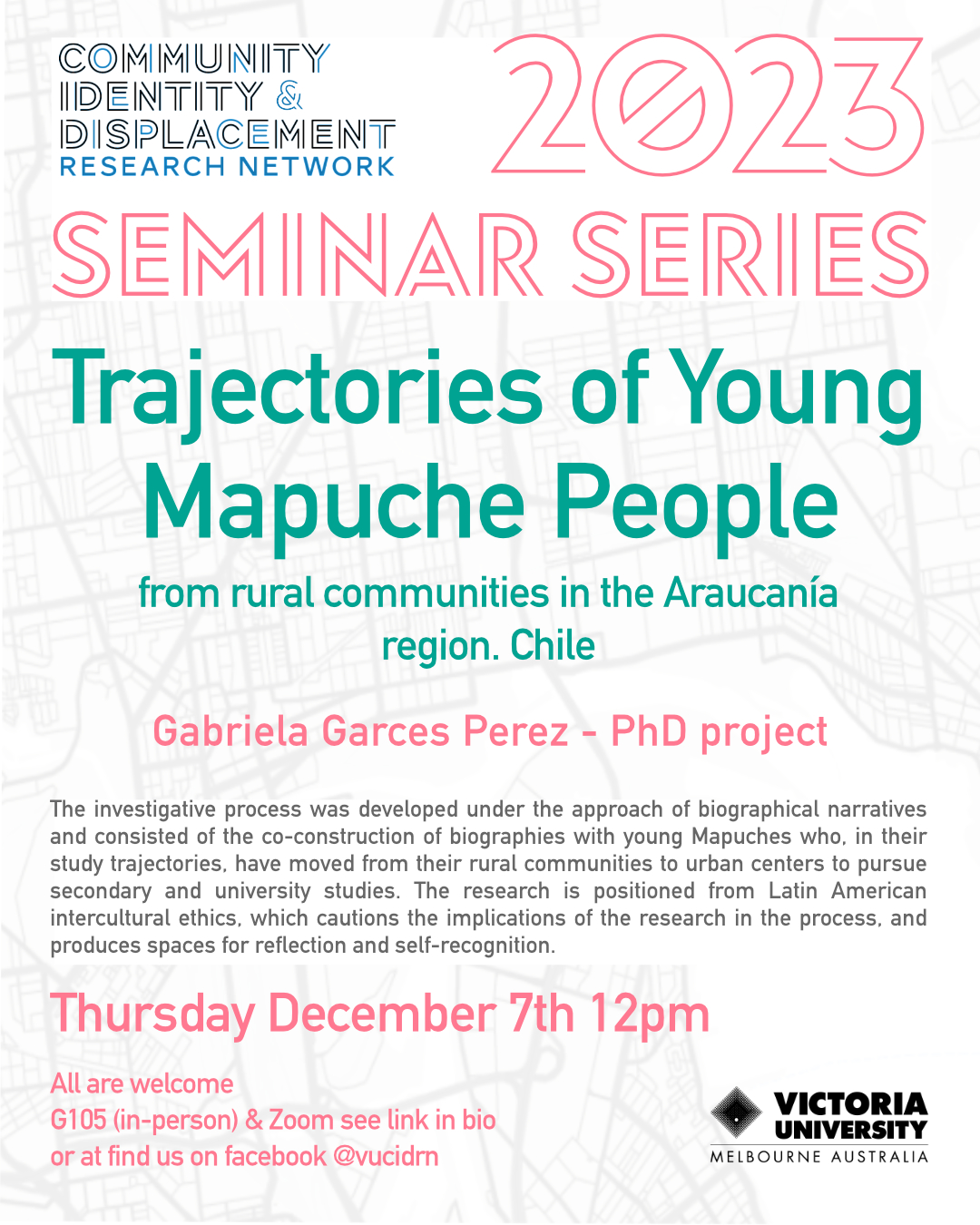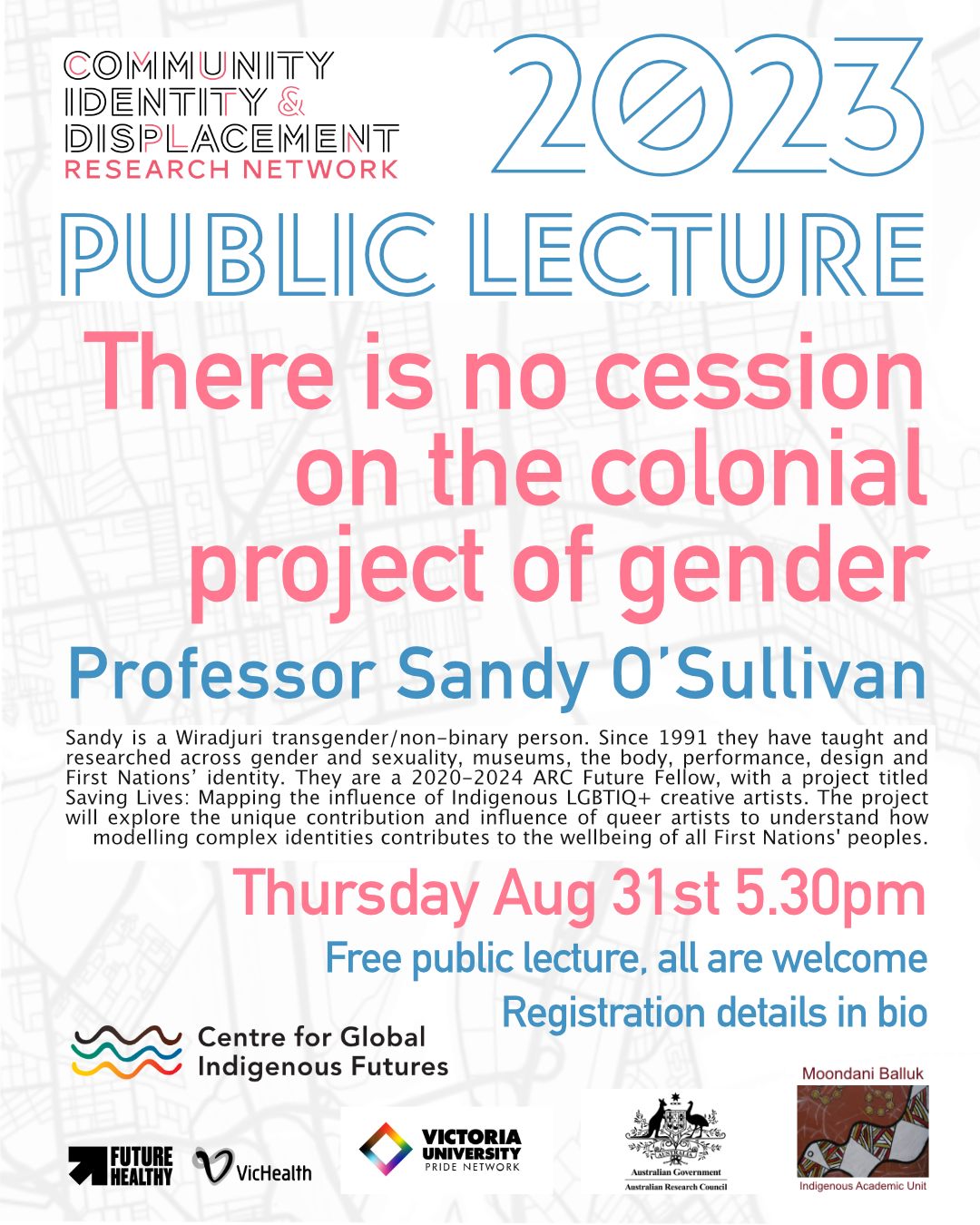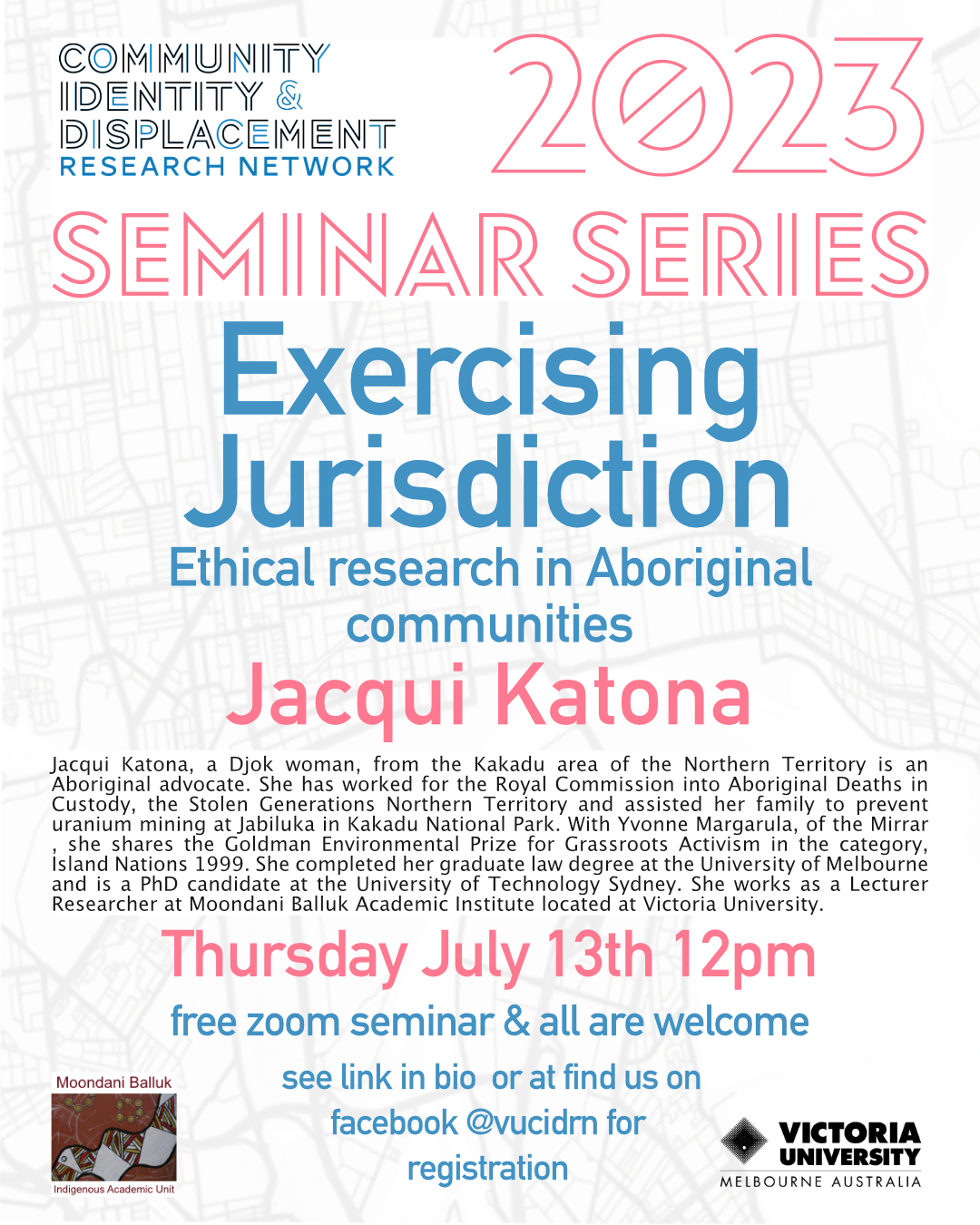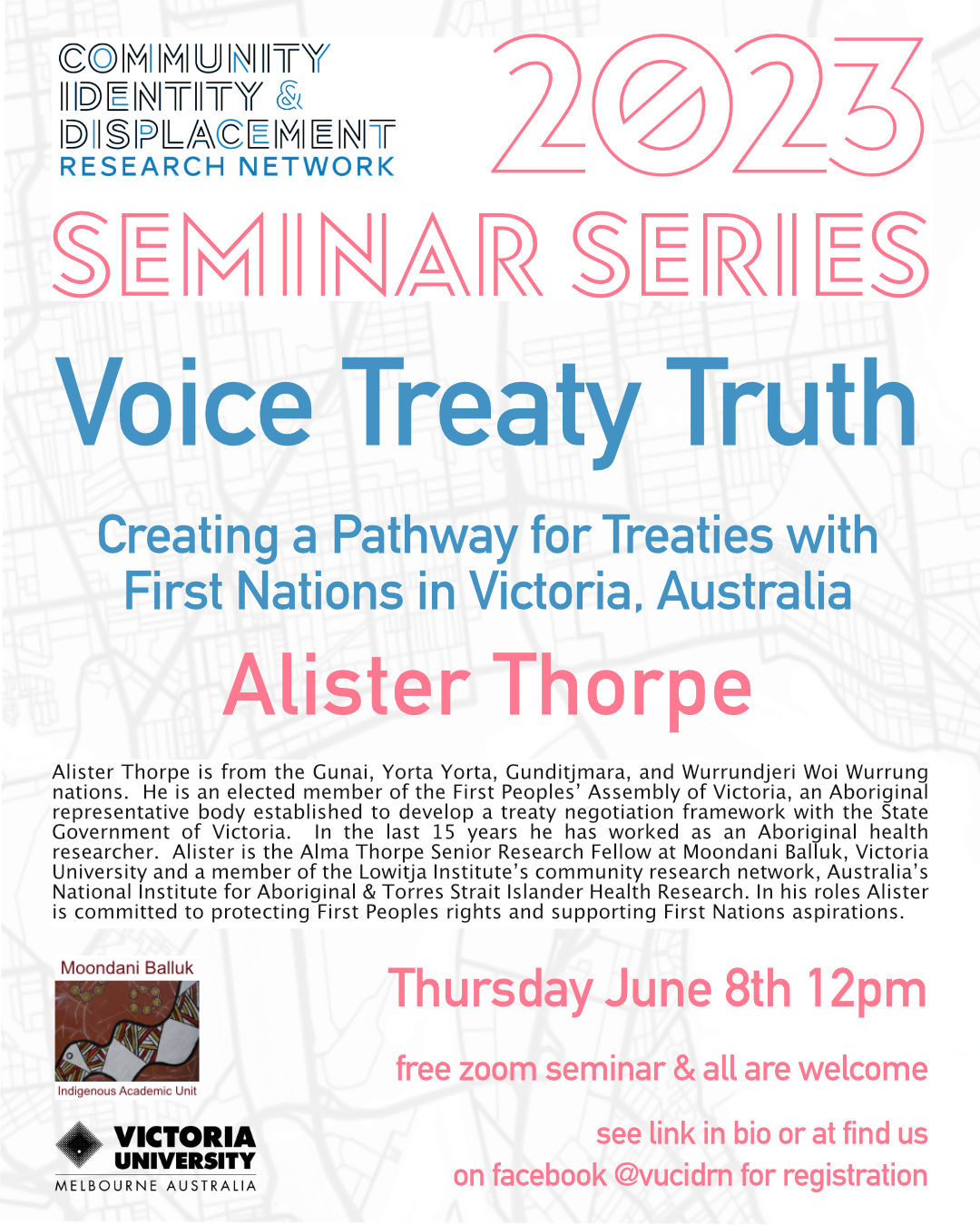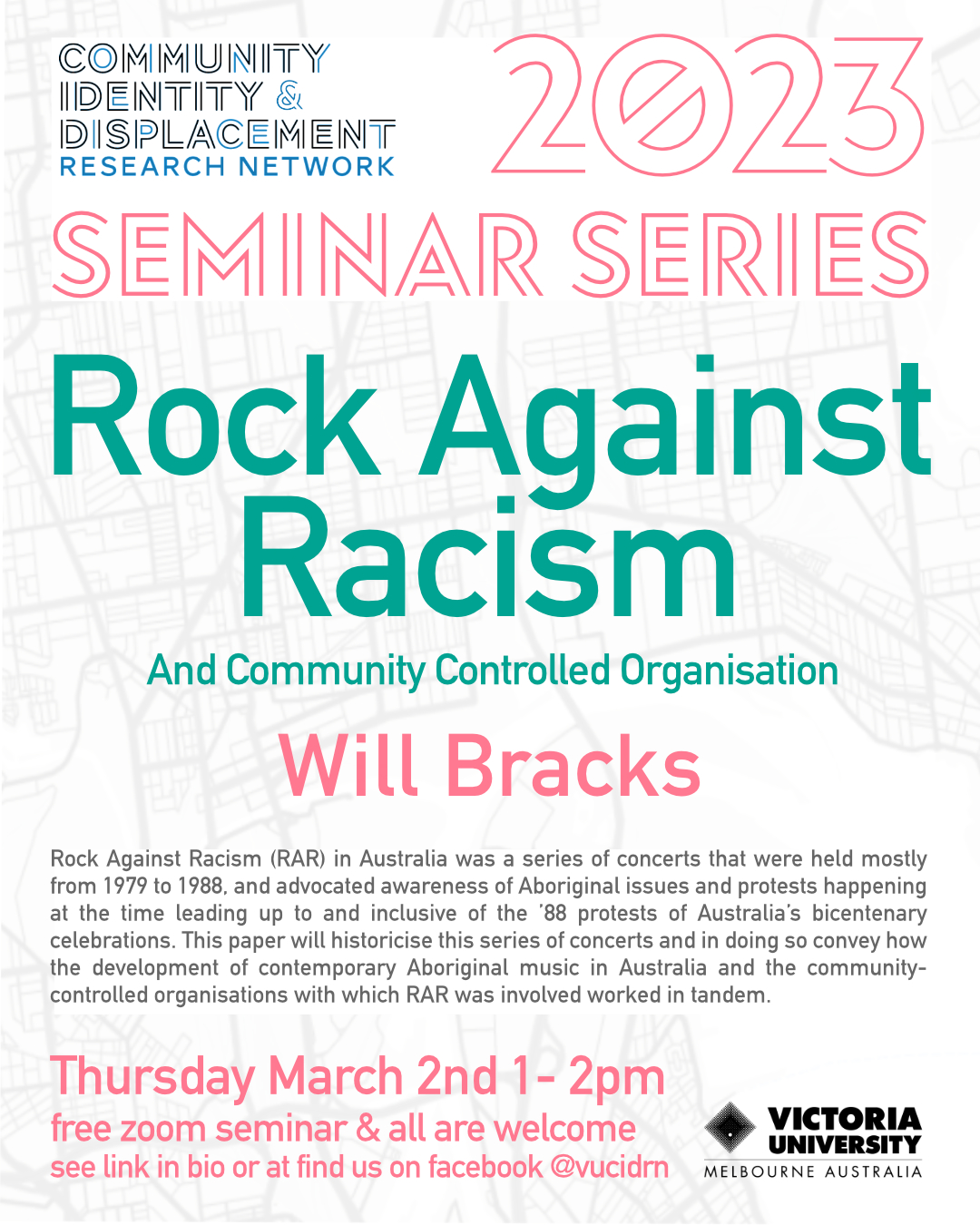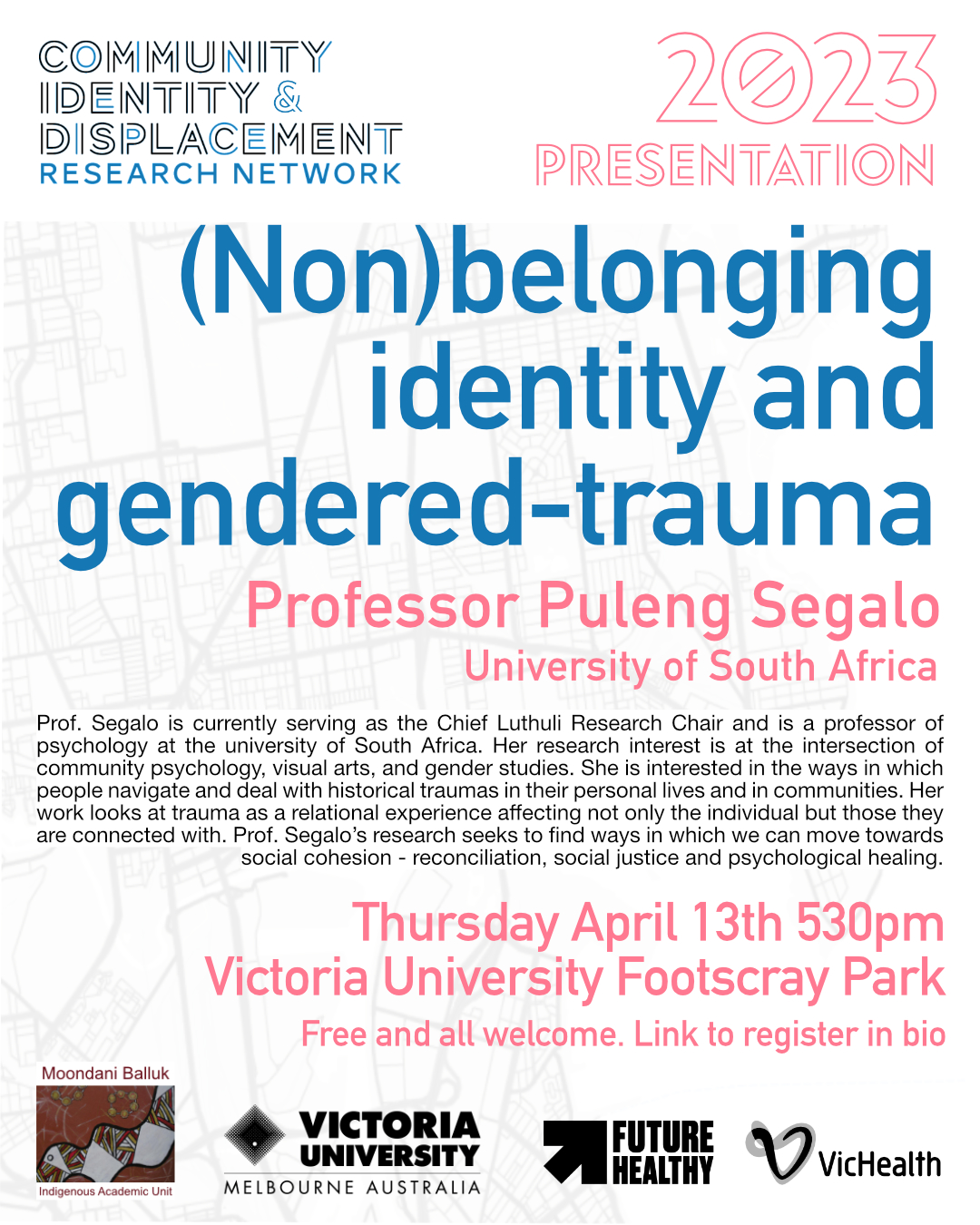Seminar description:
Since the 1930s Indigenous political activists in Australia have tirelessly campaigned for their rights. In the current political climate there is a national discussion about Indigenous representation, treaties, and truth telling processes. In Victoria, a series of community forums, working groups, and commissions contributed to the legislative reform required to advance potential treaty discussions. In 2019 the inaugural First Peoples Assembly of Victoria (FPAV) was established to develop a treaty negotiation framework with the State Government of Victoria. This democratically elected representative body has advanced pathways for treaties between First Nations and the State of Victoria and led the establishment of the Yoorrook (truth) Justice Commission. These substantial achievements create an environment that empowers First Nations to negotiate treaties, uphold their sovereignty, recognise their inherent rights to lands and waters, and hold Governments accountable for past injustices. The outcomes in Victoria demonstrate the benefits of a rights-based approach supporting self-determination that provide important learnings for other jurisdictions.

